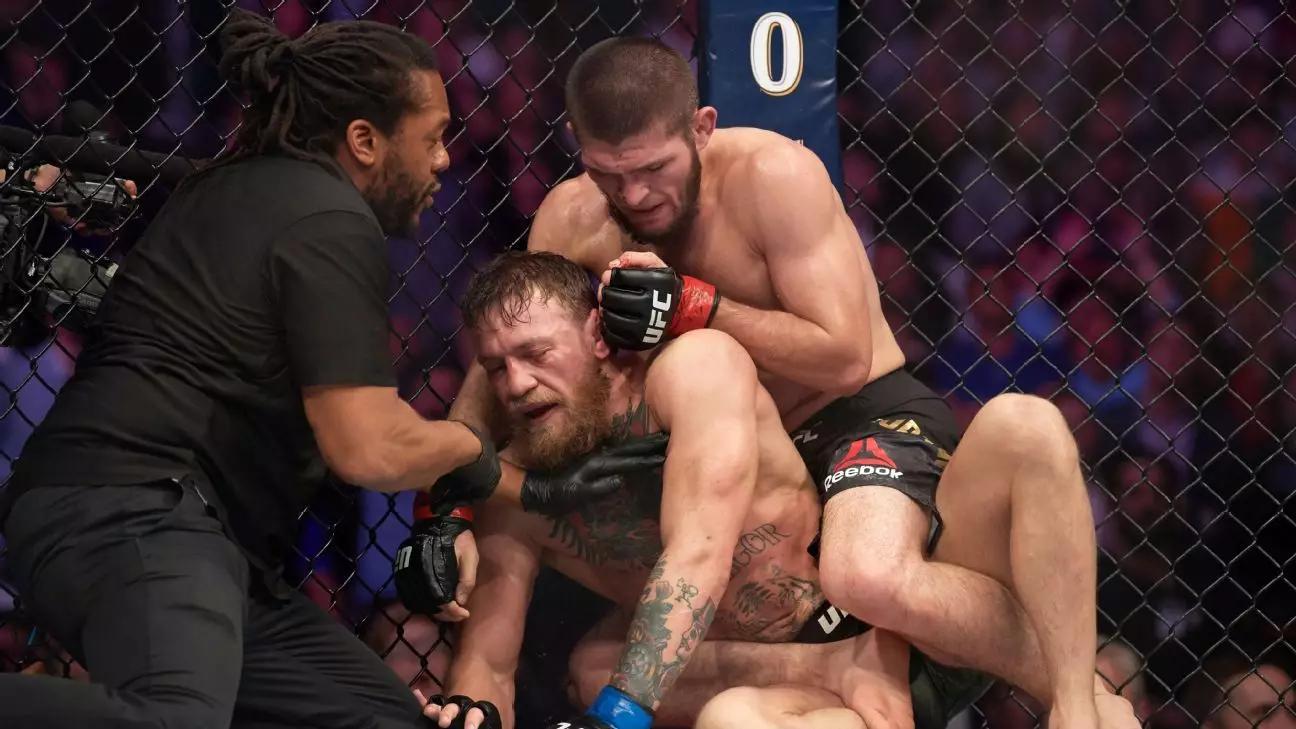Khabib Nurmagomedov’s recent remarks about Conor McGregor mark a profound shift in the narrative that has long defined their rivalry. Once fierce enemies locked in a vicious feud, Nurmagomedov now appears to see a flicker of hope for his former foe. His comments suggest that even the most deeply ingrained destructive patterns are not irreversible, echoing a universal truth about human potential for change. Nurmagomedov’s publicly expressed belief that Allah offers opportunities for redemption underscores a compassionate perspective often absent in the brutal world of professional combat sports. His words resonate beyond the octagon, inspiring fans and critics alike to consider whether everyone deserves a path back into the light, regardless of their past misdeeds.
The Power of Personal Transformation
This moment of public optimism is especially striking given the turbulent history between the two fighters. Nurmagomedov, who retired undefeated, had previously expressed a fierce willingness to settle old scores, even suggesting that their rivalry might never truly end. But underlying his current stance is a recognition that change is not only possible but necessary for anyone seeking inner peace. McGregor, with his tumultuous legal issues and public controversies, epitomizes a figure in dire need of renewal. Nurmagomedov’s message that “Allah always gives a chance to come back” offers a powerful reminder that past mistakes, no matter how extreme, can serve as catalysts for personal growth rather than lifelong labels of failure.
Challenging the Limits of Forgiveness
Despite their bitter history—highlighted by Nurmagomedov’s infamous post-fight brawl—it’s noteworthy that he now advocates for a second chance for McGregor. This is not just a sportsman’s mercy; it is a testament to the human capacity for forgiveness and hope. Nurmagomedov’s words imply that true victory lies in overcoming one’s flaws and using setbacks as lessons rather than endpoints. His perspective challenges the tendency to write individuals off after they fall from grace. For McGregor, this renewed expression of faith could serve as a turning point, offering him an emotional anchor in a sea of adversity and perhaps setting an example that even the most contentious rivalries can evolve into sources of inspiration.
Is Rehabilitation Still Within Reach?
Looking ahead, the question remains: can McGregor harness this newfound hope and truly change? Having re-enrolled in the UFC’s drug testing pool and hinting at a comeback, McGregor’s next moves will be crucial. His journey is tangibly complex—brimming with past mistakes but also bearing the potential for redemption if he chooses to embrace it. Nurmagomedov’s remarks serve as a provocative challenge: that growth is not only physically demanding but emotionally and spiritually necessary. The possibility of McGregor rising anew, no longer defined by his past, embodies a universal quest for meaning beyond fame and notoriety. Whether he seizes this opportunity remains to be seen, but the dialogue about forgiveness and transformation is undeniably more open than ever.


Leave a Reply